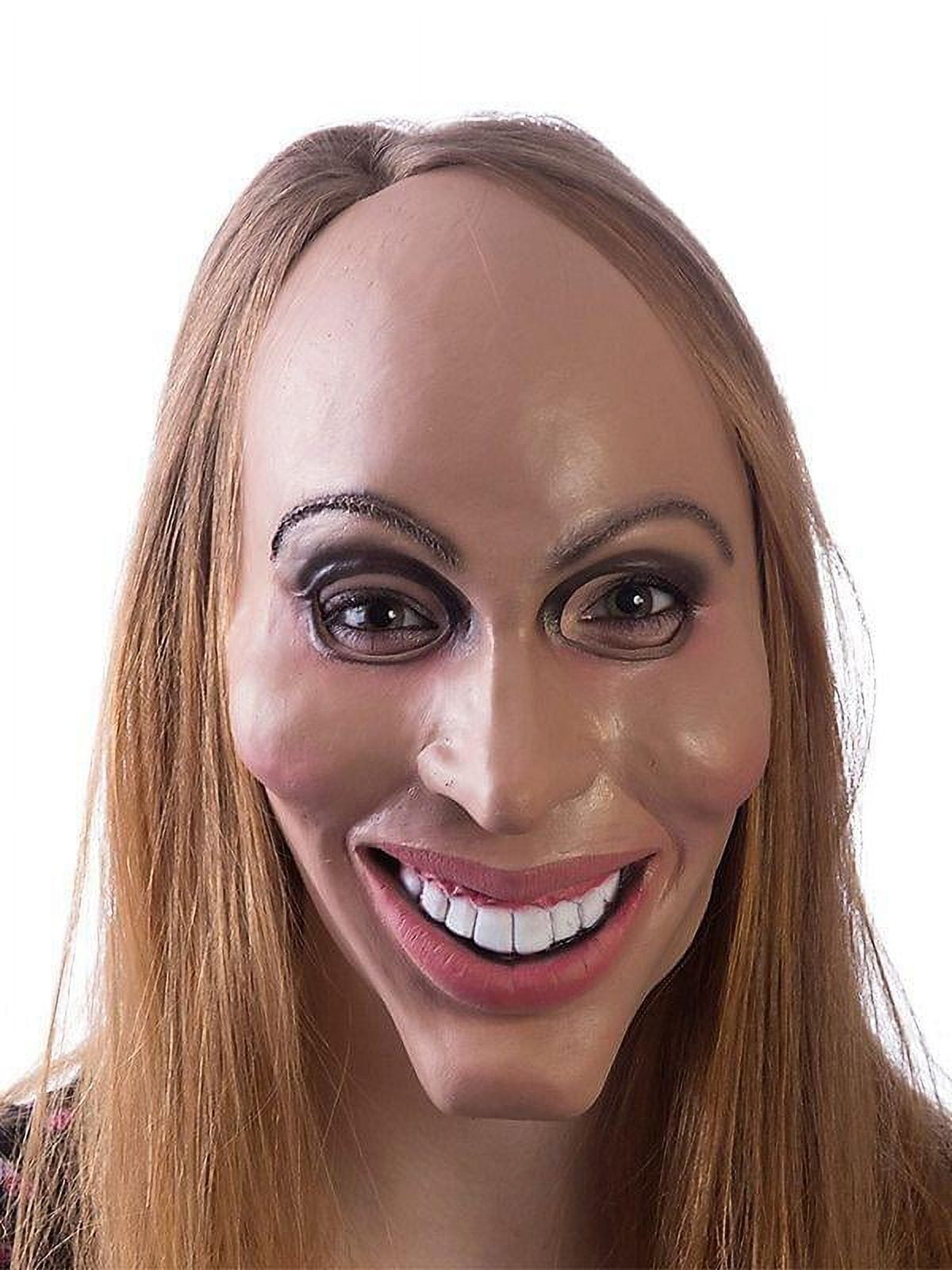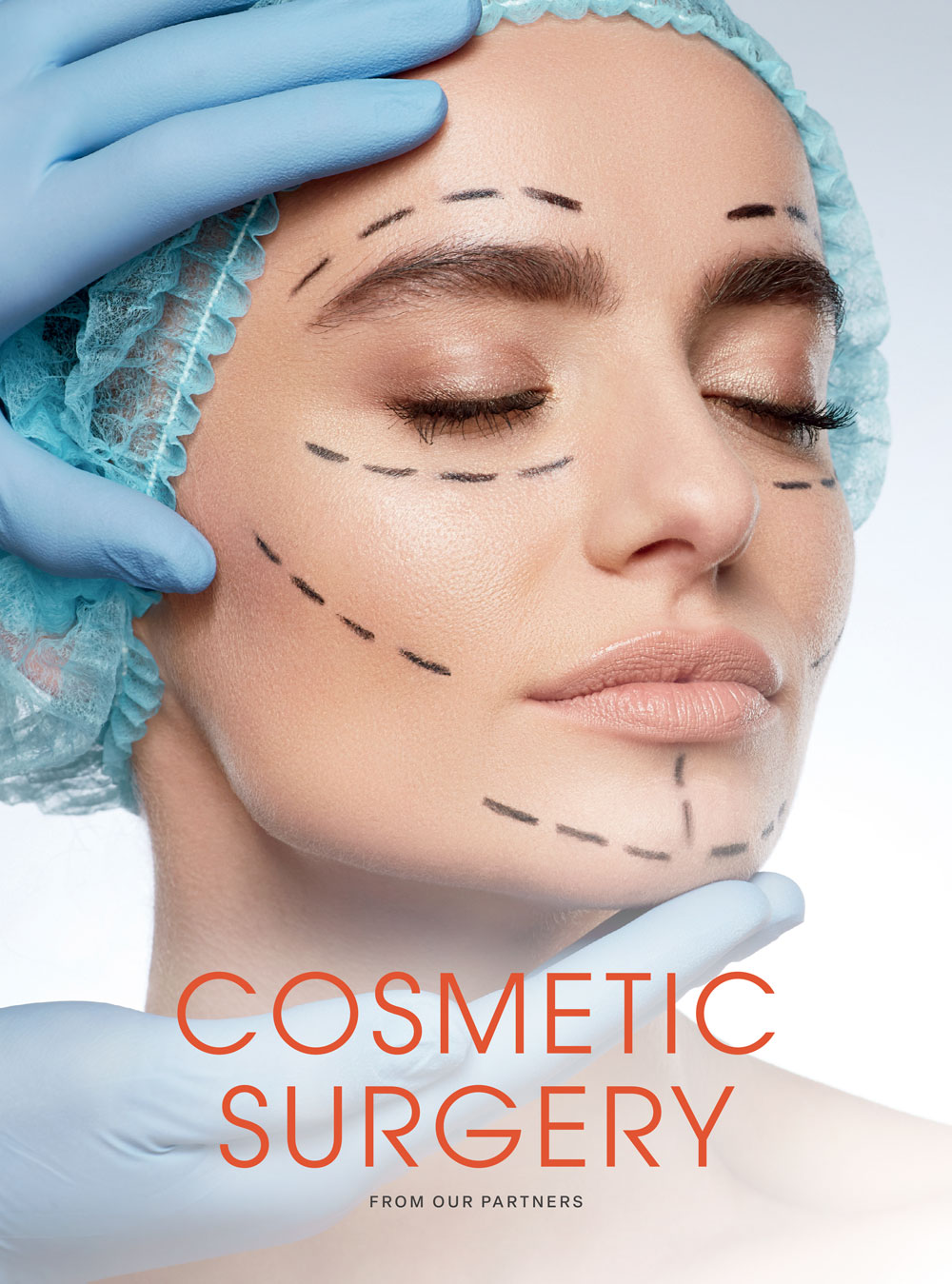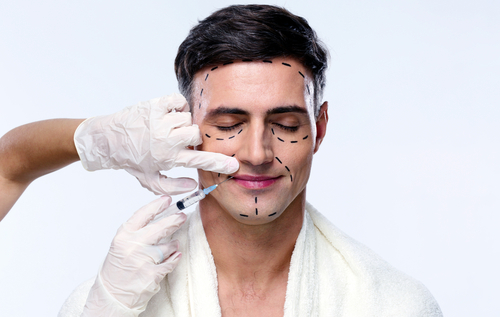Checking Out the Psychological and Social Aspects That Drive Individuals to Think About Aesthetic Surgical Treatment as a Way of Renovation
The decision to pursue plastic surgery usually prolongs past mere appearances, linking with social and mental characteristics that merit thorough assessment. Factors such as self-confidence, pervasive societal beauty criteria, and the prevalent influence of social networks merge to form specific inspirations for surgical enhancement. As these influences become progressively noticeable, comprehending the underlying social and emotional contexts is important. What remains to be checked out is the extensive impact these variables have not only on personal identity but additionally on more comprehensive societal standards and worths bordering appeal and acceptance.
The Duty of Self-Esteem
Self-esteem considerably influences an individual's decision to pursue cosmetic surgery. Individuals with reduced self-confidence frequently regard themselves in an unfavorable light, leading to feelings of insufficiency concerning their physical appearance.

Ultimately, the duty of self-esteem in the decision-making procedure concerning plastic surgery highlights the intricate interaction between body image, personal satisfaction, and mental health and wellness. Understanding this connection is crucial for health care professionals to ensure that patients are making informed choices rooted in reasonable expectations and emotional well-being.
Social Charm Standards
Influenced by prevalent media representations and cultural narratives, social elegance standards play a vital function fit individuals' assumptions of their very own bodies. These criteria are typically identified by an idyllic form of beauty that stresses traits such as slimness, balance, and youthful vigor. As these ideals are continued with numerous channels, consisting of movie, television, and advertising, individuals often internalize these messages, causing frustration with their natural appearance.
The implications of these societal norms prolong beyond visual choices; they can influence self-worth, mental wellness, and interpersonal partnerships. People who regard themselves as dropping short of these criteria may experience sensations of inadequacy, prompting a desire for cosmetic surgical treatment as a method of attaining social approval. This search is often sustained by the belief that satisfying these suitables will enhance not just physical look but additionally social standing and individual fulfillment.

Impact of Social Network
The influence of societal elegance criteria is more enhanced by the increase of social networks platforms, where curated pictures and idyllic representations of appeal are ubiquitous. Users are continuously subjected to filteringed system and edited photos, which commonly illustrate unattainable physical qualities. This direct exposure cultivates a society of comparison, leading people to analyze their own appearance versus these typically impractical criteria.
Social media site influencers and celebs frequently advertise aesthetic procedures, normalizing the idea that medical improvements are a viable ways for attaining societal suitables (plastic surgery rancho cucamonga). The visibility of these improvements can create a perception that undergoing cosmetic surgical treatment is a conventional practice, thus affecting people to take into consideration comparable interventions as a path to enhanced self-esteem and social approval
Furthermore, the interactive nature of social media sites enables instant responses with likes and remarks, additionally reinforcing the need to satisfy popular charm standards. Such interactions can worsen sensations of inadequacy and drive people towards cosmetic surgical procedure as a method of getting recognition. Inevitably, social media plays a critical role in forming perceptions of appeal, which dramatically affects the decision-making procedures surrounding cosmetic surgical procedure.

Cultural Point Of Views on Look
Across different societies, perceptions of appearance are deeply rooted in historic, social, and economic contexts, forming individuals' views on appeal and desirability. In lots of societies, appearance works as a significant pen of identification, affecting social standing, specialist opportunities, and personal relationships. As an example, in some societies, light skin is typically connected with riches and advantage, while others might glorify darker skin tones as symbols of strength and credibility.
Additionally, standard charm standards are commonly perpetuated with social narratives, media representations, and household affects, bring about differing perfects across various areas (plastic surgery rancho cucamonga). In Western cultures, the emphasis on young people and fitness usually drives people towards aesthetic enhancement, while in specific Eastern cultures, even more refined modifications lined up with conventional looks may be chosen
Globalization and the expansion of digital media have better made complex these characteristics, developing a hybridization of beauty perfects that goes beyond geographical limits. As people increasingly navigate these social stories, the stress to comply with certain look standards can result in the wish for plastic surgery, mirroring a complex interplay of personal goals and cultural values. Recognizing these cultural point of views is crucial in dealing with the motivations behind cosmetic surgical treatment factors to consider.
Psychological Impacts of Plastic Surgery
Lots of people seeking cosmetic surgery record experiencing profound psychological informative post influences that can substantially change their self-perception and emotional health - plastic surgery rancho cucamonga. The desire for physical enhancement usually stems from underlying problems such as reduced self-worth, body dysmorphic problem, or societal pressures concerning appeal criteria. For some, the instant post-operative phase can lead to a temporary boost in self-esteem and fulfillment with their appearance, fostering a feeling of empowerment
Nevertheless, these positive feelings might not be withstanding. Research shows that while some people experience boosted self-confidence, others might deal with heightened stress and anxiety or anxiety if their expectations are not satisfied. This inconsistency can occur from impractical ideals bolstered by media representation and cultural narratives surrounding elegance.
In addition, the mental implications of cosmetic surgical treatment expand beyond the individual. Relationships with family members and good friends might be stressed as social dynamics shift, causing sensations of isolation or alienation. Eventually, the mental effects of plastic surgery are diverse and intricate, requiring careful consideration by both potential people and medical care carriers to ensure educated decision-making and practical expectations.
Conclusion
Finally, the choice to go after plastic surgery discover here is considerably influenced by a combination of self-worth problems, societal appeal criteria, and social viewpoints on look. The pervasive reach of social networks better exacerbates these pressures, promoting unrealistic perfects that individuals typically make every effort to obtain. Recognizing these mental and social variables is important for resolving the motivations behind plastic surgery, highlighting the requirement for an extra nuanced discussion surrounding charm and self-acceptance in contemporary society.
The decision to go after cosmetic surgical treatment commonly prolongs beyond mere visual appeals, intertwining with psychological and social characteristics that warrant thorough evaluation. Ultimately, social media plays a pivotal role in forming understandings of charm, which dramatically influences the decision-making procedures surrounding cosmetic surgical procedure.
As people progressively browse these cultural stories, the pressure to conform to specific look criteria can lead to the wish for cosmetic surgery, mirroring a complicated interplay of individual ambitions and social worths.In final thought, the choice to go after cosmetic surgical treatment is significantly influenced by a mix of self-confidence concerns, societal beauty criteria, and cultural point of views on look. Comprehending these psychological and social variables is essential for resolving the motivations behind best site cosmetic surgical procedure, highlighting the need for an extra nuanced conversation bordering charm and self-acceptance in modern society.